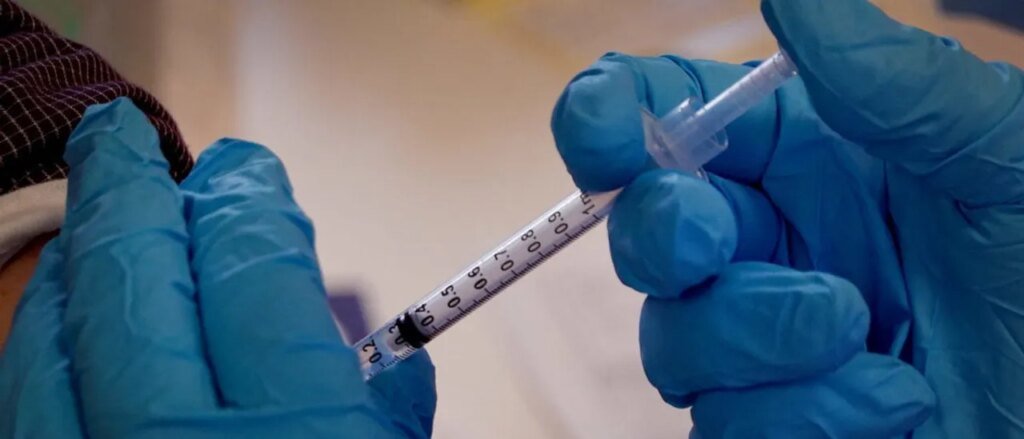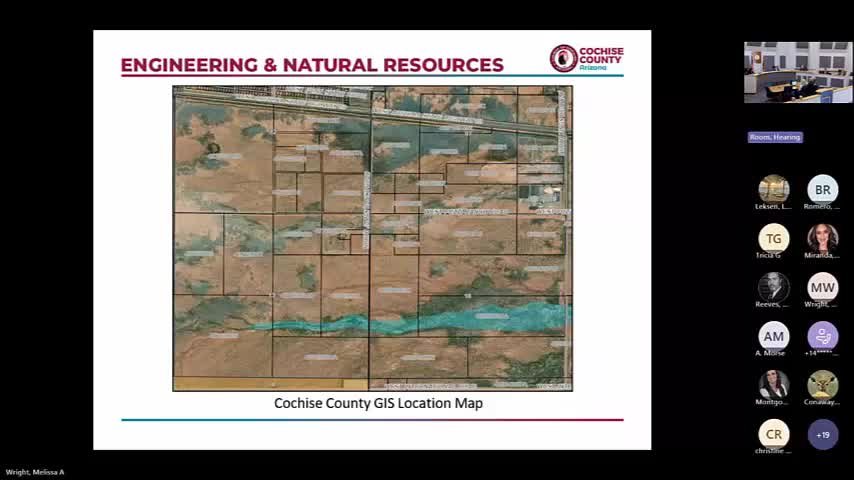Throughout the pandemic, healthcare workers dedicated themselves in hospitals and operating rooms, often praised as heroes by politicians, the media, and the public. They followed safety protocols, conducted tests, and fulfilled their responsibilities. However, the arrival of miracle drugs seemed to be aggressively marketed by pharmaceutical companies. Those who voiced doubts faced backlash, including threats and dismissals.
The ongoing Hochul case, currently reviewed by the Supreme Court, might provide the necessary clarity for countless Americans who feel their physical autonomy and religious beliefs have been compromised by government actions during the pandemic.
The Trump administration has a unique chance to reinforce its commitment to religious freedom. This underscores the importance of protecting religious rights and addressing grievances as the Supreme Court is set to deliberate on the matter soon.
Mandates for COVID-19 vaccinations have sparked intense debate, possibly more than any other public health measure. Dissenting views from some physicians and scientists were often silenced by the government, media, and tech platforms, which limited open discussions about vaccine safety and effectiveness. Many inconsistencies have come to light regarding the vaccine’s supposed ability to halt transmission and infection, leading to strict mandates. Investigations have uncovered significant misinformation about hospitalizations and mortality rates. As these situations evolve, questions about vaccine safety loom larger.
Yet, these issues shouldn’t overshadow the pressing constitutional questions that arose during this fraught period, largely tied to vaccine mandates.
The previous administration made significant strides in safeguarding religious freedoms, especially as these rights have faced growing challenges under the Biden administration. Numerous attacks on Christian organizations have gone unaddressed. The Biden Department of Education has aimed to undermine protections for religious institutions on college campuses, while the Equal Employment Opportunity Commission has sought to compel Christians to endorse transgender ideology. There have also been moves to restrict Christians from serving as foster parents based on their beliefs regarding gender and marriage.
The establishment of a task force at the Department of Justice to combat anti-Christian bias, along with other initiatives to prioritize religious freedom, signals a commitment to uphold core national values against aggressive secular efforts.
Across the country, state and federal courts are correcting past decisions affecting thousands harmed by community mandates. Many private employers are rightfully compensating those unfairly dismissed for refusing vaccines that contradict their sincerely held religious beliefs. Military and educational institutions have also recognized these missteps.
The Hochul case remains a notable exception—originally allowing for religious accommodations, New York later revoked exemptions, preventing healthcare workers from seeking necessary accommodations for their beliefs. Shortly after this policy shift, Governor Kathy Hochul publicly declared the vaccine as a divine gift and urged worshippers to become ambassadors for it.
A federal court in New York claimed that the process of establishing religious exemption requirements was overly burdensome for private employers, deeming the situation controversial in the absence of clear orders.
From both legal and practical viewpoints, this reasoning raises questions. The Constitution and related legal protections, like those found in Title VII of the Civil Rights Act, should remain intact regardless of inconvenience or state mandates.
For instance, Westchester Medical Center, which employs over 3,600 staff members, saw only a handful apply for religious exemptions. No accommodations were made, leading to terminations for those who resisted the vaccine.
Courts shouldn’t overlook the violations of constitutional rights under the misguided hope that such abuses will not recur.
Commissions from various circuits have ruled that state laws must yield to the non-discrimination stipulations in Title VII.
After filing lawsuits against New York state and its employers regarding the shaming of those dismissed, affected healthcare professionals awaited a year for the Eastern District to conclude that banning religious exemptions was constitutional. As of October 2022, those healthcare workers escalated their case to the Second Circuit Court of Appeals, where it seems their arguments have lingered for about a year without resolution.
Just before Christmas, the court took an additional year to announce an unsigned decision, again denying these workers the ability to pursue their claims under Title VII.
Ultimately, the US Supreme Court now bears the responsibility of clarifying claims linked to religious freedom and employment discrimination.
Some of New York’s healthcare professionals face uncertainty regarding their pursuit of justice. It’s imperative that the Trump administration advocates for the Supreme Court to bolster religious freedom, as these healthcare heroes deserve their day in court.
Clarity stemming from the Hochul case could ensure that serious violations of constitutional rights perpetrated by government and private entities during the pandemic are addressed and rectified.







